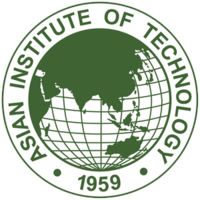The impact of technology is never neutral.
It all depends on the direct intention and the indirect consequences. This indirect ‘ripple effect’ is often not seen immediately and it often changes over time.
The Yunus Near Future Lab can be commissioned to design and execute multi-disciplinary research to identify the positive and negative effects of technology on society, environment and the economy.
We develop scenarios that provide a glimpse into the near future so that policy makers, economic players, cultural institutions, media organizations and the civil society can be better informed about sustainable ways to shape our future.
Disruptive technologies entering the market in 3-8 years.
How society embraces and adapts to the coming technological changes will determine the sustainability of our current economic and social models as well as whether we are able to meet the promise of the 2030 Agenda for Sustainable Development and achieve the Sustainable Development Goals (SDGs)
Technology is neither good nor bad - nor is it neutral.
Melvin Kranzberg



